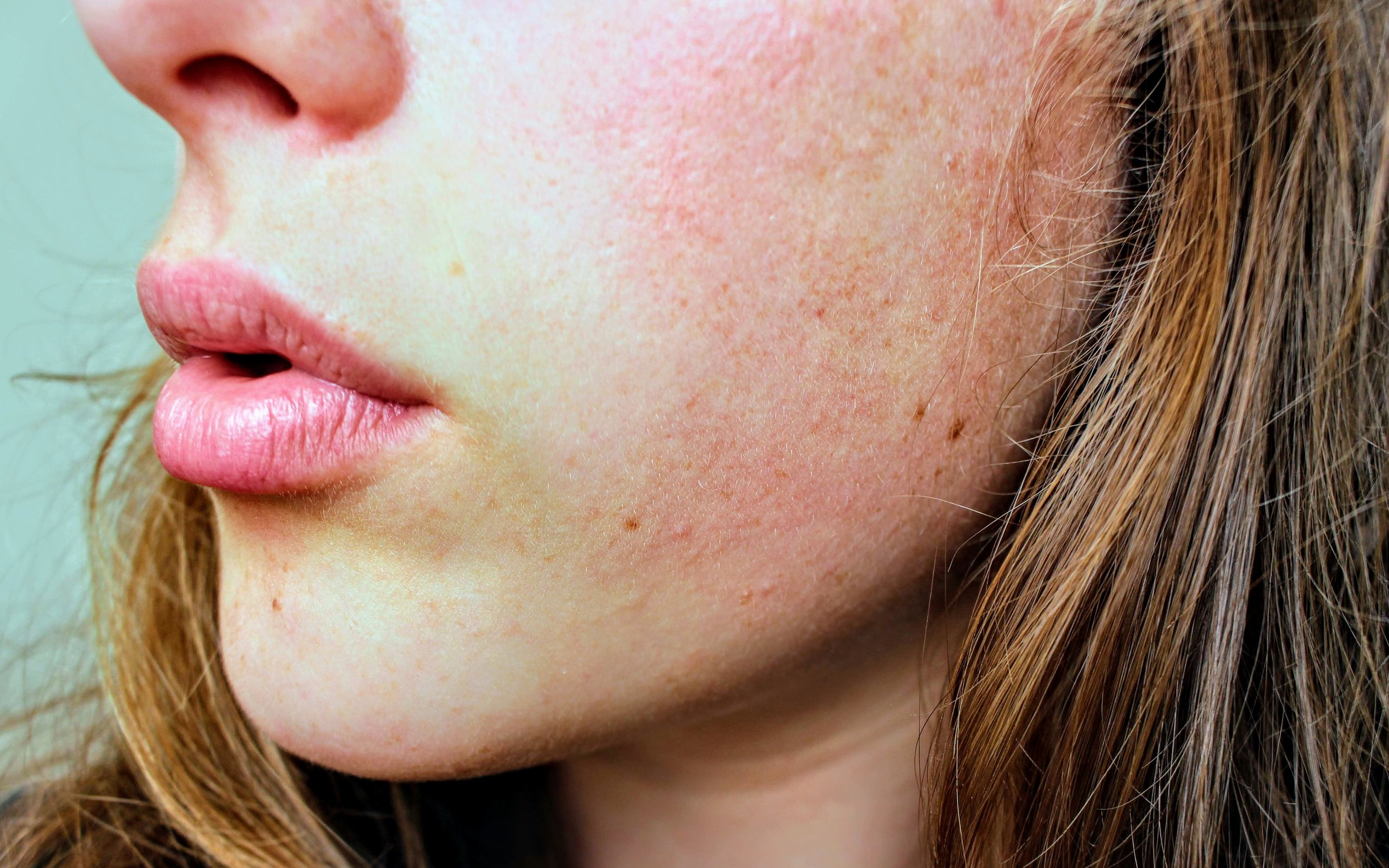Dry Mouth or Eyes? It Could Be Sjögren's Syndrome, And Acupuncture Can Help
/If you’re a woman in your forties or fifties and, for the first time, you start battling chronic dry mouth or dry eyes, you might have Sjögren’s Syndrome.
And while Sjögren’s is much more prevalent in women around that middle age, it can affect folks of any gender and age group. Anywhere from half a million to 3 million people in the United States are affected by Sjögren’s, and it’s much more serious than simply having a dry mouth and dry eyes (though those symptoms aren’t fun in their own right).
Sjögren’s is an autoimmune disorder, and is often accompanied by other immure system issues like rheumatoid arthritis and lupus. The disorder is a result of our body’s immune system mistakenly attacking your own cells. The first targets are usually the glands that create our tears and our saliva, thus the first signs being dryness. However, it can also do damage to other parts of the body like the kidneys, joints, thyroid and lungs, and can cause illnesses to those areas.
Many people treat Sjögren’s with autoimmunity medication, but given that the root cause of the disorder lies within our own body’s ability to heal itself, acupuncture is the perfect treatment. And now researchers in Shanghai have conducted a study proving that acupuncture and herbs treat Sjogren’s and reverse the symptoms much more efficiently and effectively than narcotics.
Subjects who were administered acupuncture not only reported that they felt better, but the data backed it up. Blood samples showed that in the patients who received acupuncture and herbs, the proper levels of immunoglobulin and other important factors were met.
Without the need for narcotics, the serve dry mouth and eyes and further complications brought about by Sjögren’s syndrome can be reversed. If you know anyone who suffers from Sjögren’s or any other autoimmune disorders, let them know that acupuncture is here to help.





















